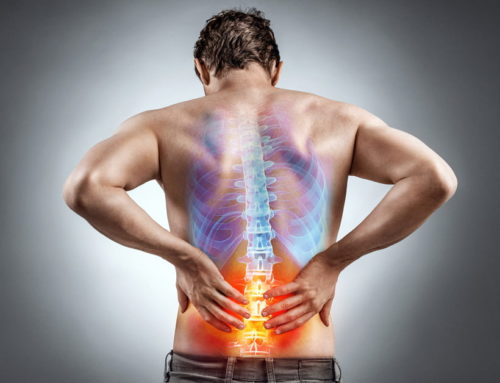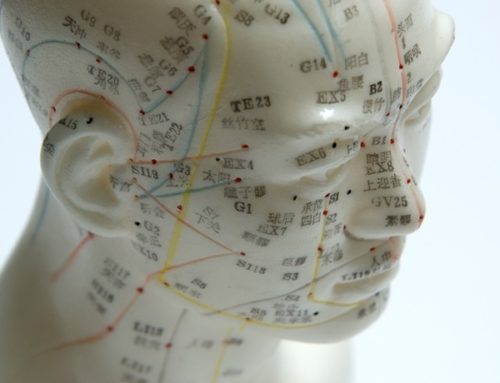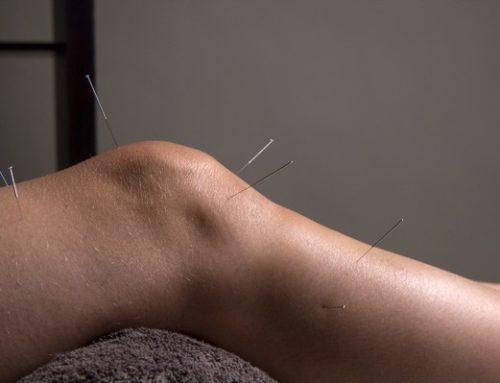A surprising fact for most readers is to learn that one of the most rapidly growing areas of medicine in the UK and Europe is the availability and use of Acupuncture.
An integral part of the complementary therapy scene, and with an ever increasing number of people seeking acupuncture treatment it is important for patients and healthcare professionals to understand the difference in the two styles most commonly on offer.
The first is the holistic approach used by acupuncturists, based on over 2000 years of developments and refinements in the Far East, popular in China and Japan, but its history can also be traced westward to India and the Middle East across as far as Algeria. Medical acupuncture (Western-style) is a much more recent development and is practised predominantly by doctors and physiotherapists using a limited range of acupuncture techniques on the basis of a western medical diagnosis.
Acupuncture is used traditionally as an holistic therapy to manage disease as well as maintain optimal health. The skill of an acupuncturist is their ability to form traditional diagnosis from, very often, a complex pattern of disharmony using a system of correspondences that interlinks each part
or system of the body to another. This is different and unique to each individual and the holistic approach enables the implementation of a personalised treatment plan.
Although predominantly seen as a means of pain relief, it can in fact be used to treat people with a far reaching range of illnesses. The treatment does not concentrate on isolated or specific symptoms; rather, its concern is for the overall well being of the patient.
Chinese medical philosophy sees health as dependent on the body’s motivating force – Qi – moving in a smooth and balanced way through a series of energy channels in the body. This Qi comprises of equal and opposite forces – Yin and Yang – when these become unbalanced, an illness or symptoms could result. This is corrected by inserting fine needles into the energy channels, to stimulate the body’s own healing response and help restore it to its natural balance. The flow and balance of Qi can be disturbed by a varying number of factors, such as poor nutrition, weather conditions, hereditary factors, infections, poisons, trauma and emotional state (anxiety, stress, anger, fear or grief). Acupuncture aims to treat the whole person and recover the equilibrium between the physical, emotional and spiritual (mind,body,soul) aspects of the individual.



